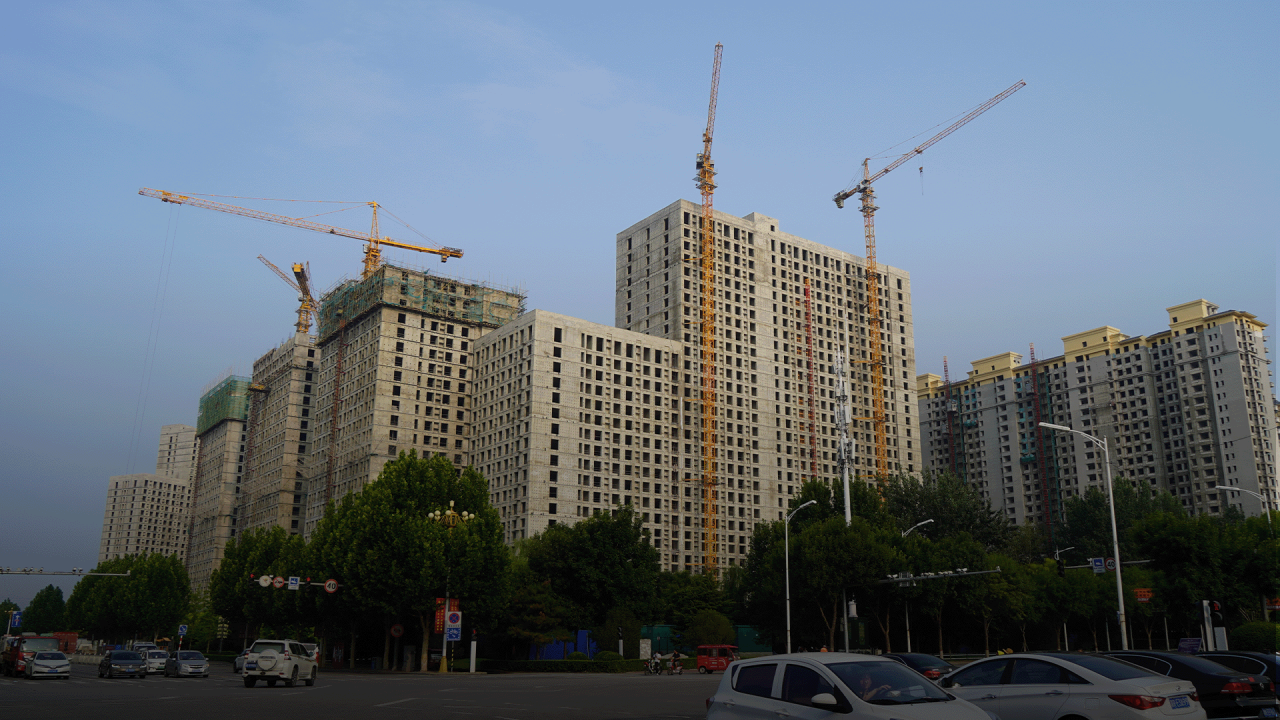
Malaysia’s economy sees best growth in 22 years
- The public and analysts don’t all agree with the level of optimism amid risks and difficult daily life of many, but central bank says no 2023 recession due to strong economic progress
- Full-year growth came in at 8.7 per cent in 2022, almost triple the previous year, and the quickest pace since the 8.9 per cent expansion in 2000
Malaysia’s central bank on Friday said the economy would not fall into a recession this year, announcing stronger-than-expected growth in 2022 as the country finds a stronger footing to edge out of the pandemic-induced economic crisis of recent years.
Bank Negara Malaysia (BNM), the central bank, had earlier forecast full-year growth to come within the range of 6.5-7 per cent.
“We are going to see continued recovery in the labour market, and employment and income will continue to grow,” she told a press conference.

“All these factors will be more than enough to offset risks that will cause slower global growth.”
Malaysia’s 2022 economic performance came in better than expected, and should continue to be resilient in the face of possible recessions in the United States and Europe, according to Mohd Afzanizam Abdul Rashid, head of economics and research for the Employees Provident Fund, which manages retirement funds for private sector workers.
“Against such a backdrop, we expect Malaysia’s fiscal and monetary policies will continue to remain expansionary and accommodative in order to sustain the growth momentum in 2023,” he added, noting that 2023 economic growth was forecast at 4 per cent.
Headline inflation came in at 3.3 per cent in 2022 and is expected to moderate this year, albeit remaining at elevated levels.
The central bank did not discount the possibility of another hike to its overnight policy rate (OPR), which it held at 2.75 per cent in January – bucking broad expectations of another 25 basis point hike after raising it by a total of 100 basis points since May last year.
“This pause would allow us to have greater clarity and take stock of cumulative increases to the OPR and take into account the economic environment and how it affects the growth and inflation outlook,” Nor Shamsiah said.
Some, however, are not convinced by the central bank’s hopeful outlook for the economy this year.
On the streets, the sentiments are even less optimistic.

“The past two years have been horrible. I used to work in documentary filmmaking, and before the pandemic we could earn up to 1,500 ringgit a day (US$345). The rate is now 50 ringgit (US$11). All the data that the government and Bank Negara use to show the economy is recovering is just data. It doesn’t mean anything to us B40,” said Faizal Ahmad, referring to the term used to describe Malaysia’s bottom 40 per cent of earners.
He now does e-hailing – combining various transport services on a single online platform – and makes food and product deliveries to get by.
“At the end of the day, the government will do what it needs to do, and we will do whatever we can to survive,” said the 46-year-old. “The rest, we leave it up to god.”
Additional reporting by Su-Lin Tan


